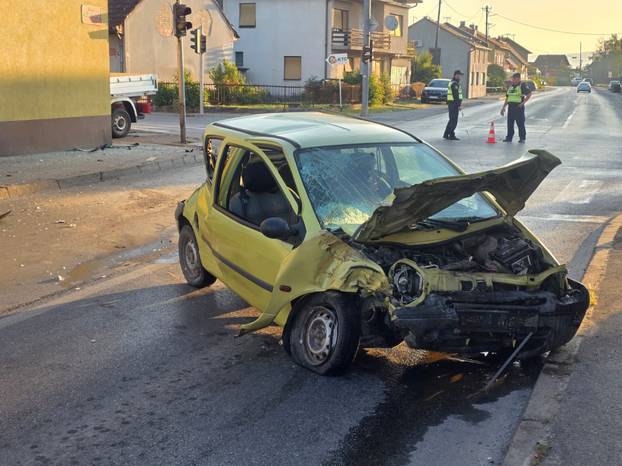Justice should not be afraid to involve citizens and civil society – Liberation

How, at 20, think a more desirable future with lightness and joy? How to trust the future without giving up? For its second edition, the Festival Place a Tomorrow moved to Paris, at the Palais de la Porte Dorée, on Saturday June 14.
It is now a common place: most French people, especially the youngest, have lost confidence in the judicial institution. How to surprise it? The current political response is both hypocritical and blind. Hypocritus, because the very people who cry every day to the alleged laxity of justice, behave as irresponsible adolescents when they have to answer for their actions at the helm of a court.
Some prefer to discredit their judges rather than engaging in the minimum of personal introspection expected when we commit reprehensible acts. It is therefore hardly surprising that the same people wish to see minors and adults judge.
Blind answer too. To the crisis of confidence in the judicial institution, respond to the same worn and rebatus speeches: always more repression and so-called firmness, the end of the stay, the end of the minority excuse, prehistoric reflex of all prison, exceptional diets, progressive disappearance of the jurors of assizes deemed too expensive, floors And other French Guantánamo, not to mention the concealment of documents from the procedure to the defense lawyers, considered in principle as discomfort …
This deleterious logic leads to resentment, injustice, violence and in a word: to failure. However, from failure to chess, those who advocate the all-repressive will say that you have to go even further: if it does not work, it is that the dose was not strong enough. And finally, they will find that the rule of law is the problem, not the solution. However, it is the opposite which will allow us to regain confidence.
Everyone knows, but it is good to repeat it: French justice lacks means. Criminal justice in particular is more than ever on the verge of asphyxiation and the whole chain is affected: deadlines for processing complaints, failure of the reception of victims of offenses, offload instructions, hearings of immediate night -ups, scandalous state of prisons, justice of minors in tatters.
The table would not be complete without mentioning the hellish working conditions of clerks, prison administration staff, educators and personality investigators and of course, many magistrates and lawyers. Only one visit to a court is enough to be convinced: the criminal system is on the verge of implosion. And the consequence is obvious: lack of time to judge, lack of supportlack of listening, lack of contradictory.
However, giving the means to justice is a necessary condition, but not sufficient to get out of the crisis of confidence.
Justice should not be afraid to involve citizens and civil society.
There is no shortage of concrete tracks. Involve citizens in the development of laws, effectively bring the public into the audience rooms, extend and not reduce the jurors of foundations, multiply the experiences of restorative justice, raise awareness of the law, bring researchers, scientists into courts, organize events and dialogues in universities, imply associations that fight against discrimination, those that accompany the care of poorly Addictions or mental health issues, those who come to the aid of minors victims of violence or isolated, rely on educators and childhood assistance to childhood, get out of all prison …
Citizens who were sworn in assize tell how this experience has transformed them. When a citizen, whatever his ideas, is invested, in the name of all, of the role of judging a man, he is no longer young or less young, rich or poor, in favor of such or such party: he becomes this free man who has before him the immense responsibility for judging, doubting and choosing.
This is how we will allow us to get out of sterile debates on justice so that it becomes our common good again, the soil on which to lay our foot, whoever we are, wherever we are, whatever our age or our condition, our gender, our opinions or our origins, and that we will give ourselves the means.








